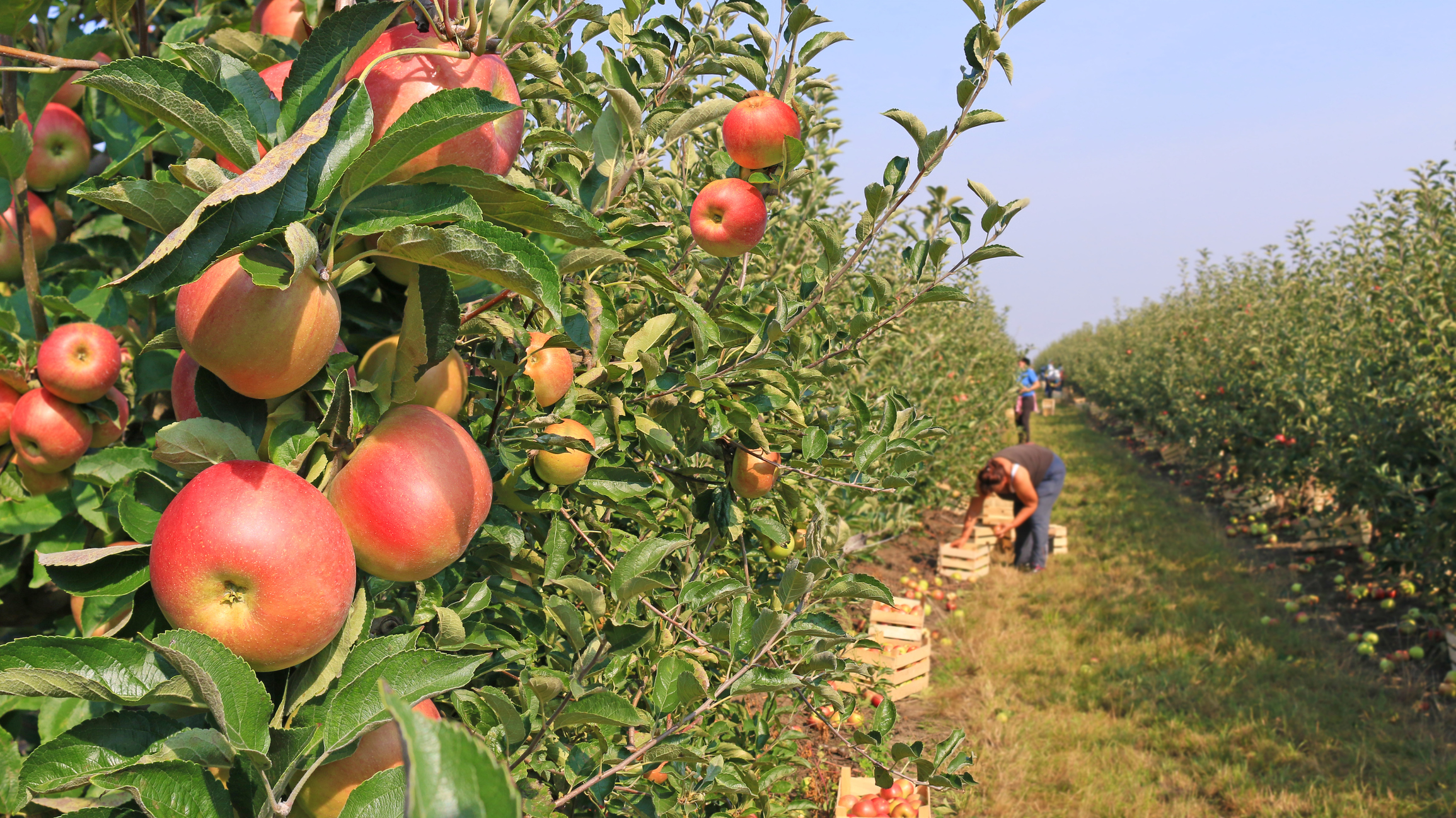What’s so wrong with H-2A anyway?

In a recent declaration for Thurston County litigation, Erik Nicholson, Vice President of the United Farm Workers of America, wrote the goal of Familias Unidas por las Justicia (FUJ) is to “end the federal H2A program in Washington and believes a ban on bunkbeds will achieve that goal.”
The heart of the matter is H-2A contracts could preclude workers from becoming part of a farm workers’ union. Meaning they cannot participate in agenda pushing.
A quick Google News search of FUJ and H-2A combined pulls up 250 results, most from 2019 and 2020, and includes pushes to either end or more highly regulate a program that is already extremely regulated. Additionally, any group advocating for an end to the H-2A program is advocating against the farm workers it claims to be representing.
In 2020, even with the risks associated with COVID-19, the H-2A program provides opportunities. The current adverse effect wage rate (AEWR) or minimum wage mandated for H-2A visa holding farm workers is $15.83/hr., meaning farm workers in Washington state working a minimum of 40 hours a week are earning at least $2,532.80 in gross wages a month compared to their home country monthly wages:
In addition to earning significantly higher wages than they would in their home countries, H-2A workers are provided with transportation, access to health care, and housing while working in the United States.
Further, if the argument farm worker unions want to bring to the table is that H-2A workers are taking jobs and wages from local workers, they are wrong on both counts. Any agricultural employer looking to hire H-2A workers must first establish a need for them by advertising for workers locally for a minimum of 60 days before beginning the H-2A hiring process. After hiring H-2A workers, all farm workers employed on a farm with them must be compensated at the same rate as the H-2A workers. Minimum wage in Washington state for 2020 is $13.50, significantly less than the mandated $15.83 AEWR, thus making the presence of H-2A workers alongside local workers financially beneficial.
Agriculture is a pressure-cooker business already. There are numerous external pressures – market volatility, taxes, labor concerns, export downturns, import competition – and internal pressures – consumer distrust, negative cash flow, land and input cost increases, lack of price control – that make it a difficult business to navigate and survive in. Labor is one component of the kaleidoscope of concerns farmers must juggle each day.
But, among the pressures of farming, there is one important piece that cannot be overstated – the people who make farms successful. Agriculture is a person-driven business; one in which many hands are needed to make farms of any size run at their optimum capacity. Because farms need people, farms will always prioritize people and their well-being. A union, a lawsuit or two, a push to make the employ of hard-working people from abroad even more difficult and expensive won’t change that.




